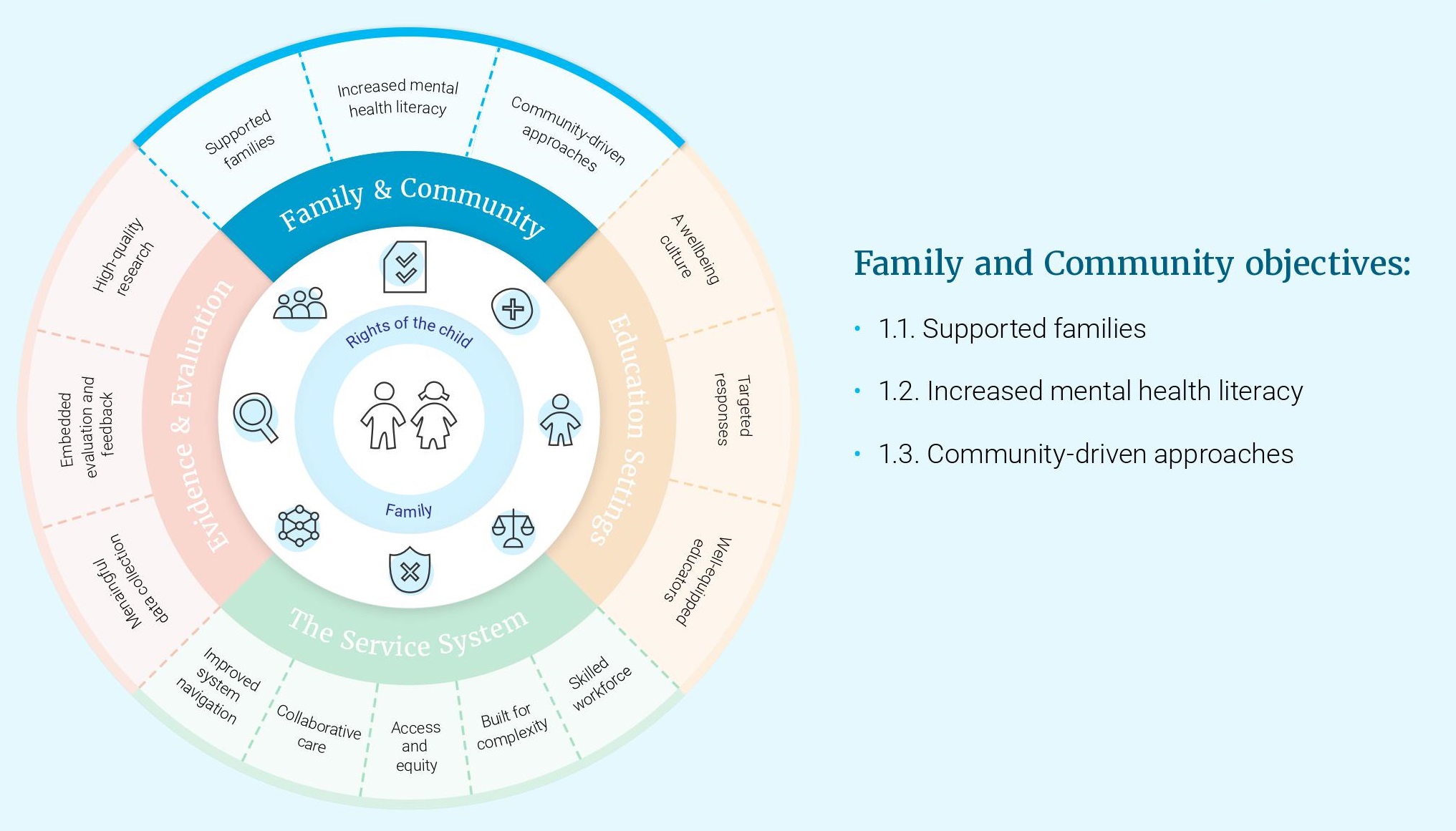The Power of Love: Family’s Influence on Mental Health
Family is often considered the cornerstone of our lives, providing us with love, support, and a sense of belonging. But beyond these basic needs, the influence of family goes even deeper, impacting our mental health in ways that are both profound and far-reaching.
From a young age, we learn about the world through the lens of our family. They shape our beliefs, values, and perceptions of ourselves and others. This foundation lays the groundwork for our mental well-being, influencing how we navigate challenges, cope with stress, and form relationships throughout our lives.
The power of love within a family cannot be underestimated. When we feel loved and supported by our family members, we are more likely to have a positive self-image and greater resilience in the face of adversity. This sense of security can act as a buffer against mental health issues such as anxiety and depression, providing us with a safe haven in times of need.
Furthermore, the bonds we form with our family members can have a lasting impact on our mental health. Research has shown that strong family relationships are associated with lower levels of stress, improved emotional regulation, and better overall mental well-being. When we feel connected to our family, we are more likely to have a sense of purpose and belonging, which are essential components of good mental health.

Image Source: mentalhealthcommission.gov.au
But the influence of family goes beyond just emotional support. Families also play a crucial role in shaping our behaviors and attitudes towards mental health. When parents prioritize mental health and well-being, children are more likely to do the same. By fostering open communication, healthy coping strategies, and a supportive environment, families can create a culture of mental wellness that benefits everyone.
In times of crisis or upheaval, the support of family can be a lifeline. Whether it’s a listening ear, a shoulder to cry on, or practical help with daily tasks, family members can provide the care and comfort we need to navigate difficult times. Knowing that we have a strong support system in place can give us the courage to seek help when we need it and take steps towards healing and recovery.
Family is not just a source of love and support; it is also a mirror that reflects back to us our strengths, weaknesses, and potential for growth. By engaging in open and honest communication with our family members, we can gain valuable insights into ourselves and our relationships, helping us to become more self-aware and resilient in the face of life’s challenges.
In conclusion, the power of love within a family is a transformative force that shapes our mental health in profound ways. By nurturing strong relationships, fostering open communication, and prioritizing mental well-being, families can create a supportive environment that promotes resilience, emotional well-being, and overall mental health. So, let’s celebrate the power of love within our families and recognize the vital role they play in shaping our mental health and well-being.
Building Strong Bonds: Community Support and Wellness
Building strong bonds within a community is essential for overall mental health and well-being. The support and sense of belonging that comes from being a part of a community can have a crucial impact on an individual’s mental health. In today’s fast-paced and often isolated world, the importance of community support cannot be underestimated.
One of the key ways in which community support contributes to mental health is through providing a sense of connection and belonging. Feeling connected to others and being a part of a supportive community can help combat feelings of loneliness and isolation, which are known risk factors for mental health issues such as depression and anxiety. When individuals feel like they are a valued member of a community, they are more likely to have a positive outlook on life and better mental well-being.
Community support can also provide a sense of purpose and meaning to individuals’ lives. When people feel like they are making a positive impact within their community, whether through volunteering, participating in community events, or simply being a good neighbor, it can boost their self-esteem and overall sense of well-being. Knowing that they are a part of something bigger than themselves can give individuals a sense of purpose and fulfillment that is essential for mental health.
In addition to providing a sense of connection and purpose, community support can also provide practical help and resources for individuals in need. Whether it’s a helping hand during a difficult time, access to mental health resources, or simply a listening ear, knowing that there is a supportive community to turn to can make a world of difference for those struggling with mental health issues. Communities that prioritize mental health and well-being can create a safe and supportive environment for their members to seek help and support when needed.
Building strong bonds within a community is not only beneficial for individuals’ mental health, but also for the overall health and well-being of the community as a whole. When individuals feel supported and connected to their community, they are more likely to be active and engaged members who contribute positively to the community. This sense of community spirit and collaboration can lead to a more vibrant and healthy community where everyone feels valued and supported.
In conclusion, the importance of community support in promoting mental health and well-being cannot be overstated. Building strong bonds within a community can provide individuals with a sense of connection, purpose, and practical help that is essential for maintaining good mental health. By prioritizing community support and wellness, we can create a more compassionate and caring society where everyone has the opportunity to thrive and live their best lives.
The Role of Family and Community in Mental Health